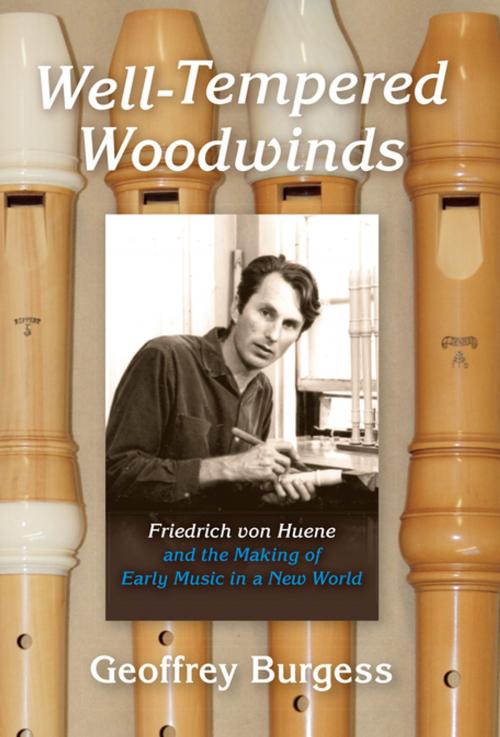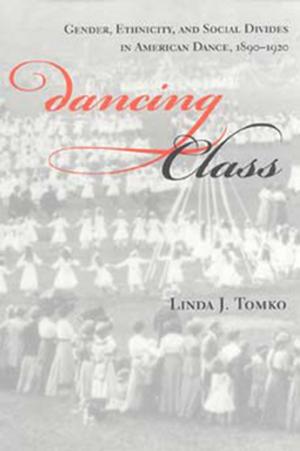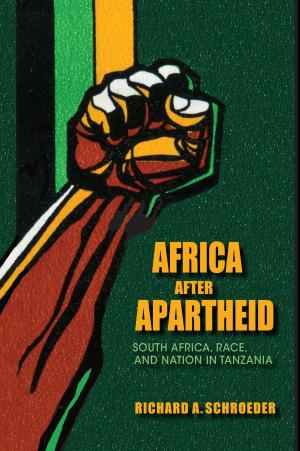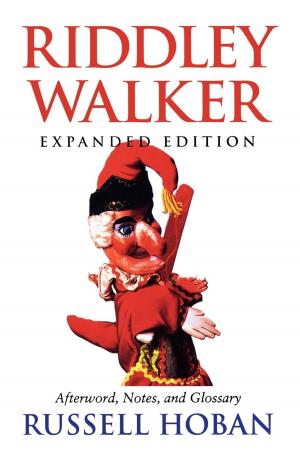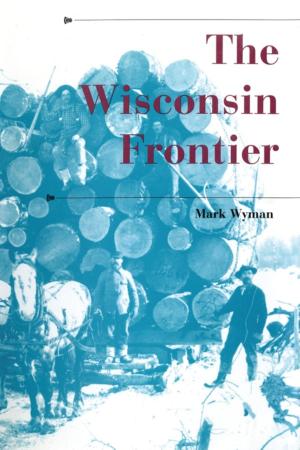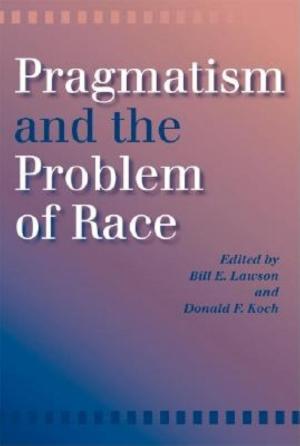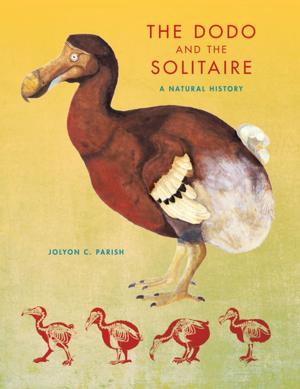Well-Tempered Woodwinds
Friedrich von Huene and the Making of Early Music in a New World
Nonfiction, Entertainment, Music, Theory & Criticism, History & Criticism, Reference, Biography & Memoir, Composers & Musicians| Author: | Geoffrey Burgess | ISBN: | 9780253016508 |
| Publisher: | Indiana University Press | Publication: | May 4, 2015 |
| Imprint: | Indiana University Press | Language: | English |
| Author: | Geoffrey Burgess |
| ISBN: | 9780253016508 |
| Publisher: | Indiana University Press |
| Publication: | May 4, 2015 |
| Imprint: | Indiana University Press |
| Language: | English |
Friedrich von Huene (1929– ) is arguably the most important manufacturer of historical woodwinds in the 20th century. Since he began making recorders in 1958, von Huene has exerted a strong influence on the craft of building woodwind instruments and on the study of instrument–making, as he has helped to shape the emerging field of Early Music performance practice. Recipient of lifetime achievement awards from the American Musical Instrumental Society, the National Flute Association, and Early Music America, he has remained at the forefront of research and design of historical copies of recorders, flutes, and oboes. In a compelling narrative that combines biography, cultural history, and technical organological enquiry, Geoffrey Burgess explores von Huene’s impact on the craft of historical instrument–making and the role organology has played in the emergence of the Early Music movement in the post-war era.
Friedrich von Huene (1929– ) is arguably the most important manufacturer of historical woodwinds in the 20th century. Since he began making recorders in 1958, von Huene has exerted a strong influence on the craft of building woodwind instruments and on the study of instrument–making, as he has helped to shape the emerging field of Early Music performance practice. Recipient of lifetime achievement awards from the American Musical Instrumental Society, the National Flute Association, and Early Music America, he has remained at the forefront of research and design of historical copies of recorders, flutes, and oboes. In a compelling narrative that combines biography, cultural history, and technical organological enquiry, Geoffrey Burgess explores von Huene’s impact on the craft of historical instrument–making and the role organology has played in the emergence of the Early Music movement in the post-war era.
